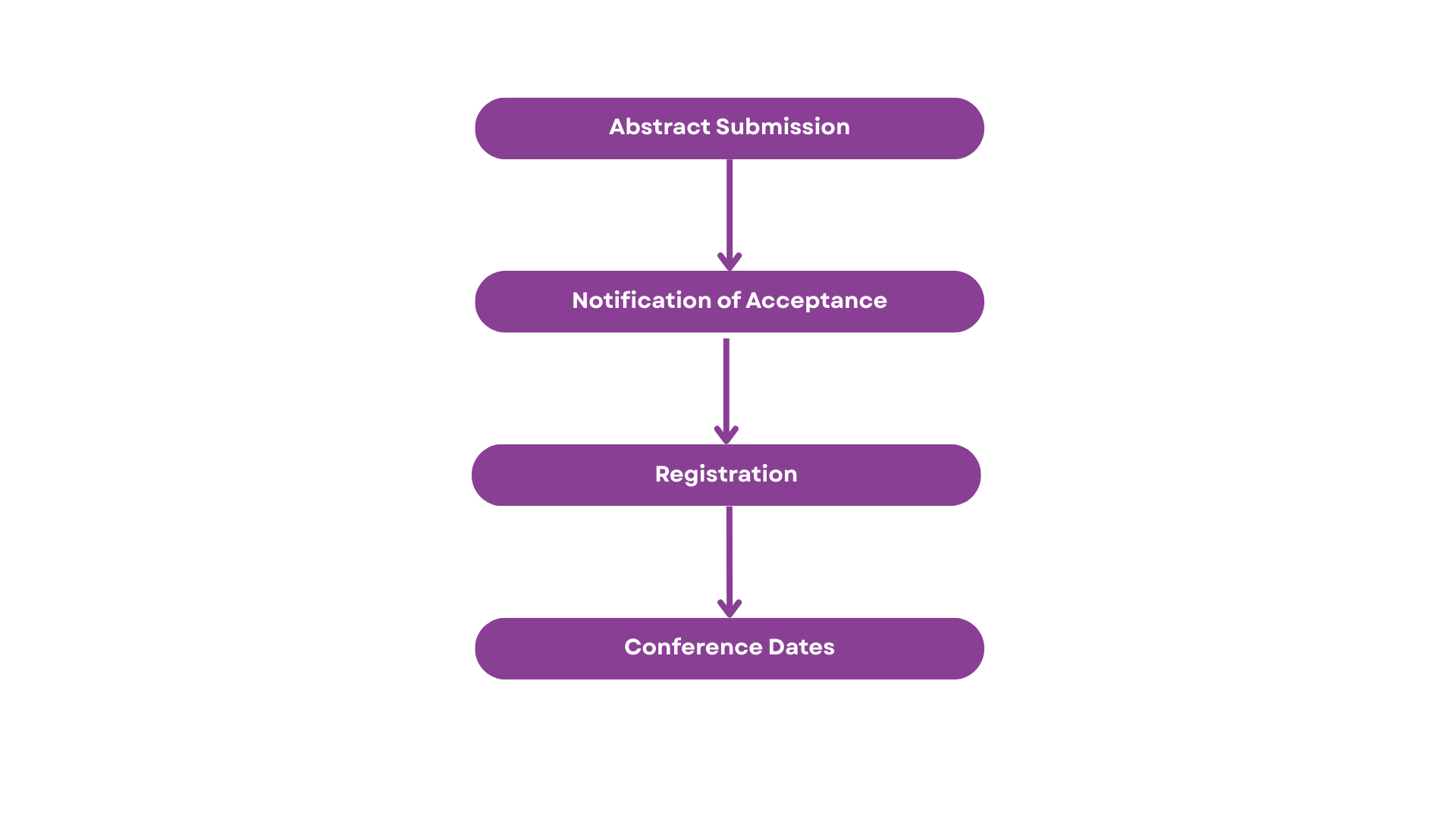
We welcome submission of abstracts for research studies that address the conference theme of psychology as a catalyst for innovation, technology development, and sustainable human development, which will focus on the transformative role of psychology in driving personal, social, organizational, educational, and technological development.
As technology, particularly AI, reshapes the world around us, psychology offers invaluable insights into human behaviour, mental health, and societal dynamics. We encourage contributions that explore how psychology can address the challenges and opportunities arising in the context of these rapid advancements. Submissions should demonstrate relevance to the conference objectives and contribute to the advancement of knowledge in the field of psychology. We are seeking proposals for presentations that correspond to the theme and subthemes of PEWIC 2025.
Topics of Interest
_____
Submissions should demonstrate relevance to the conference objectives and contribute to the advancement of knowledge in the field of psychology. Topics of interest include but are not limited to:
Subtheme 1: Personal Development
Psychology helps individuals understand and change their behaviours, emotions, and thoughts. By applying psychological principles, people can overcome personal challenges and enhance their life satisfaction and performance. Techniques such as cognitive-behavioural therapy, mindfulness, and motivational interviewing are examples of psychological interventions that can act as catalysts for personal growth and improved mental health.
In this age of technological advancement / artificial intelligence (AI), psychology can be harnessed to provide personalized and sustainable interventions that support mental health and overall well-being. This intersection of technology and AI development also necessitates a reconceptualization of psychology, to better understand and address the evolving needs and behaviours of humans in an increasingly digital world.
Subtheme 3: Organisational Development
In the workplace, psychological theories are applied to improve organizational culture, enhance leadership skills, and boost employee satisfaction and productivity. Organizational psychologists might implement training programs, develop team-building exercises, and create feedback systems that act as catalysts for a more effective and harmonious work environment.
While AI-driven automation boosts efficiency, psychological insights are essential for managing workforce transitions, addressing job displacement, and ensuring technology complements human skills for optimal performance.
Subtheme 5: Technological Development
Psychology aids in the design and implementation of technology by focusing on human factors and ergonomics. It ensures that technological advancements are user-friendly and that they effectively meet the needs of their human users. Psychology plays a critical role in user experience (UX) design, where psychological principles guide the creation of products that are intuitive and responsive to user needs.
By collaborating with fields like design, engineering, and AI, psychology guides and acts as the conscience in the creation of intuitive user experiences (UX) while also addressing potential risks, such as cognitive overload, privacy/security concerns, internet addiction, reduced critical thinking, and the unintended consequences of user behaviour manipulation in increasingly complex digital environments.
Subtheme 2: Social Development
Psychology contributes to understanding social dynamics and improving interpersonal relationships within communities. It can drive social change by addressing and improving group interactions, reducing prejudices, and promoting social cohesion. Community psychology, social identity theory, and conflict resolution strategies are part of how psychology serves as a catalyst in social contexts.
In this age of technological advancement / AI, society faces many challenges such as the social ethics of such development. Issues such as how humans reshape interpersonal relationships, consolidate their identities, and grapple with the intersection of technology and politics—ranging from the rise of algorithmic governance to the manipulation of public opinion—are some of the highlights of this subtheme.
Subtheme 4: Educational Development
Educational psychology serves as a powerful catalyst for innovation and sustainable human development by transforming how individuals learn, adapt, and grow. By applying psychological principles, educators can create innovative learning environments that embrace technology, such as adaptive systems tailored to individual needs or gamified educational experiences that foster creativity and critical thinking. This approach not only enhances learning outcomes but also prepares students for the complexities of the modern world.
This subtheme highlights the inevitable integration of AI into educational psychology, acknowledging both its potential to enhance learning outcomes and its associated risks, which may shape the future of education in profound and unpredictable ways.
Submission Guidelines
_____
We welcome one or more abstract(s) per person which encompasses various types of studies such as quantitative research, qualitative research, mixed-methods, literature reviews / systematic reviews / meta-analyses. If you’re not sure that your work is appropriate, email us at [email protected]
We also encourage presentations on research proposals that might benefit from discussion at the design (pre-data collection and/or pre-registration) stage. This is to encourage submissions from students and early career researchers.
Word limit: 350 words
Language: English
Submissions should include a title and an abstract.
Authors should indicate which type of presentation is preferred. It can be in the form of spoken presentations (9 minutes + 3 minutes Q&A) and poster presentations. Presenters will be notified about the final format of their presentation at the time their abstract is accepted.
Selected abstracts will be considered for publication in the special issue of “Social Psychological Research in the Midst of Rapid Technological Advancement” of Jurnal Psikologi Sosial (JPS) to be published in 2026. However, authors should be informed that all journal articles must go through a peer review process as outlined by JPS (jps.ui.ac.id).

Submission Flow
_____


